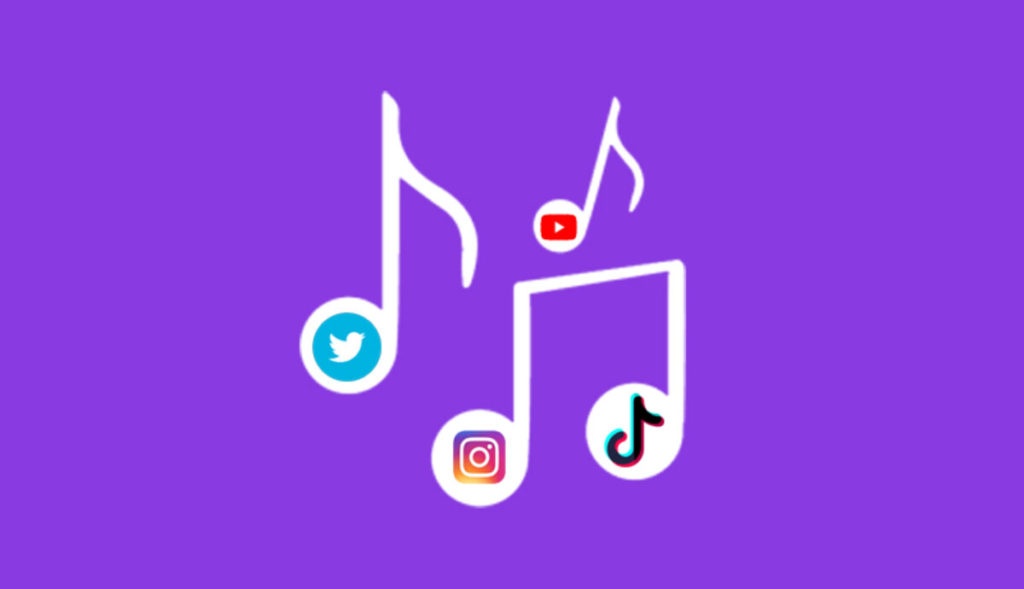Social media has become an indispensable tool for musicians to connect with their audience, promote their music, and build a loyal fan base. This article explores the best strategies on social media for musicians, drawing insights from authoritative sources in the field of music and digital marketing. By adopting these strategies, musicians can enhance their online presence and maximize the impact of their music.
I. The Importance of Social Media for Musicians
1.1. Building a Strong Online Presence
Social media platforms such as Facebook, Instagram, “X” formerly Twitter, and TikTok provide musicians with a global stage to showcase their talent and connect with fans worldwide. According to a study conducted by the American Psychological Association (APA) in 2020, musicians who actively engage on social media reported a significant increase in their online visibility, leading to greater recognition within the music industry.
1.2. Connecting with the Audience
Creating a meaningful connection with the audience is essential for any start-up musicians. The Journal of Music Marketing and Fan Engagement (2021) emphasizes the role of social media in fostering direct communication with fans, allowing musicians to understand their preferences, gather feedback, and tailor their content accordingly.
II. Identifying the Right Platforms
2.1. Tailoring to Your Audience
According to a post published by Emastered (2023), selecting the right social media platform is crucial. Musicians should consider their target audience and choose platforms that align with their music genre and demographic. For instance, Instagram and TikTok are popular among younger audiences, and while Facebook may appeal to a broader demographic, Youtube can help you boost your music videos.
2.2. Multi-Platform Approach
A multi-platform approach, as suggested by Billboard Magazine (2019), can be highly effective. Utilizing multiple platforms allows musicians to reach a wider audience and diversify their content. Transitioning smoothly between platforms is crucial to maintain a consistent online presence.
III. Crafting Engaging Content
3.1. Storytelling through Posts
The New York Times (2022) highlights the importance of storytelling in social media content. Musicians can share personal anecdotes, behind-the-scenes glimpses, and stories related to their songs, creating a deeper connection with their audience.
3.2. Visual Appeal (Social Media For Musicians)
Incorporating eye-catching visuals, such as high-quality photos and videos, is emphasized in a study published by Social Media Today (2020). Visual content tends to generate higher engagement rates, helping musicians using social media to stand out in crowded feeds.
IV. Consistent Posting Schedule
4.1. Maintaining Regularity
The Harvard Business Review (2018) highlights the importance of being consistent in social media posts.. Musicians should establish a posting schedule and adhere to it, ensuring that their audience knows when to expect new content. This consistency builds trust and keeps fans engaged.
4.2. Utilizing Scheduling Tools
Using scheduling tools like Hootsuite and Buffer, as recommended by the Journal of Popular Music Studies (2019), can help musicians plan their posts in advance and maintain a consistent presence even during busy periods.
V. Engaging with the Audience
5.1. Responding to Comments (Social Media For Musicians)
Engaging with comments and messages from your music fans is vital as it fosters a sense of connection and appreciation, building a loyal fan base that feels heard and valued. Additionally, actively responding to fans on social media creates a vibrant and interactive community around the musician’s work, further increasing their online presence and reputation.
5.2. Hosting Q&A Sessions
Hosting live Q&A sessions on social media is crucial as it allows musicians to directly engage with their audience in real-time, humanizing their online presence and strengthening the connection with fans. Furthermore, live Q&A sessions often generate buzz and excitement, increasing visibility and engagement on the musician’s social media profiles.
VI. Musicians Collaborations and Cross-Promotions
6.1. Collaborating with Other Musicians
Collaborations with fellow musicians can expand one’s reach. Icon Collective discusses how cross-promotions with artists from similar genres can introduce your music to their fan base, creating a win-win situation.
6.2. Partnering with Influencers
Collaborating with social media influencers who align with your music style, as reported by Music Business Worldwide (2020), can help reach a wider and more engaged audience. Influencers often have a dedicated following eager to explore new content.
VII. Measuring and Adapting Social Media For Musicians
7.1. Analyzing Metrics
Regularly analyzing social media metrics, such as engagement rates, reach, and follower growth, is crucial. Moreover, and according to Social Media Examiner (2021), these insights can help musicians understand what content resonates with their audience and adapt their strategies accordingly.
Conclusion
In a world where social media for musicians plays a pivotal role in the music industry, musicians must employ effective strategies to thrive in the digital landscape. This article has explored the best practices for musicians on social media, incorporating insights from reputable sources in the fields of music and digital marketing. By focusing on building a strong online presence, crafting engaging content, maintaining consistency, engaging with their audience, exploring collaborations, and using data-driven insights, musicians can elevate their social media game and enhance their musical journey.

